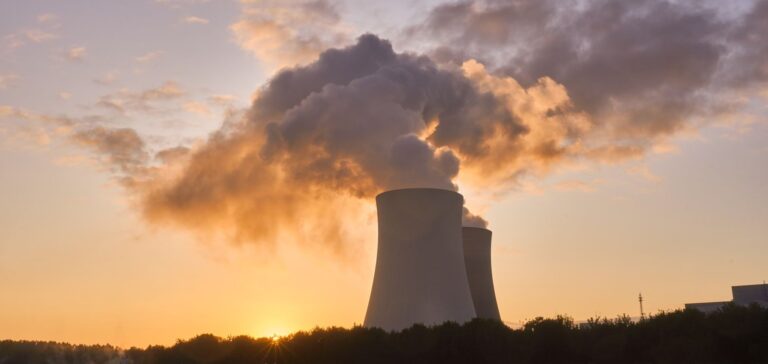Polish mining giant KGHM filed a preliminary decision application to build a large-scale nuclear power plant in Poland on April 14. This decision is the first step in the process of obtaining administrative permits for investments in nuclear facilities in Poland.
According to KGHM, this preliminary decision is “an expression of the state’s support for the realization of a given project and allows the investor to apply for a number of subsequent administrative decisions, such as the location decision or the construction permit, among others.” The company did not provide additional details on the progress of the ongoing administrative proceedings.
KGHM is part of the VOYGR nuclear power plant project in Poland
In February 2022, KGHM signed a definitive agreement with NuScale Power of the United States to deploy the first NuScale VOYGR SMR nuclear power plant in Poland as early as 2029. In July, KGHM submitted an application to the Polish National Atomic Energy Agency (NAEA) to evaluate NuScale’s SMR technology and prepare a site survey. Under a contract signed in September, NuScale will continue to support KGHM’s application to the NAEA by writing additional preliminary safety analysis reports and coordinating with the agency. The contract also provides for the subsequent tasks of the preliminary work agreement proposed by NuScale to KGHM.
The VOYGR nuclear power plant project that Poland will develop in cooperation with NuScale will consist of six modules, each with an installed capacity of 77 MWe. NuScale’s SMR technology was the first to receive approval from the U.S. Nuclear Regulatory Commission in August 2020. KGHM aims to diversify its energy sources. By 2030, 50% of the electricity used by KGHM will come from its own sources, including nuclear and renewable energy.
Objective of diversifying energy sources in Poland
At the same time, the Polish government also supports the development of SMR. On April 17, Orlen Synthos Green Energy announced that it has shortlisted seven sites in Poland for additional geological studies to host SMR plants based on GE Hitachi Nuclear Energy’s BWRX-300 technology.
Polish Prime Minister Mateusz Morawiecki said that “our future depends on a prudent program of nuclear power construction in Poland, the future of the energy sector in Poland, but also the future of industry and economic development. He also pointed out that the installation of an SMR would save 100 to 200 million euros per year on CO2 emissions






















